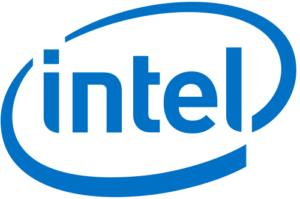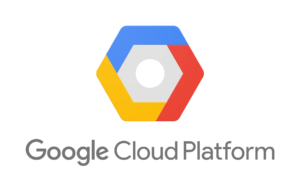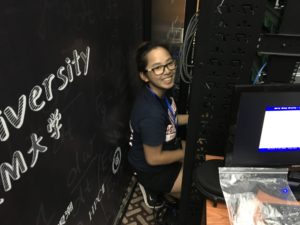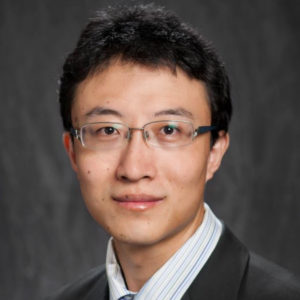The Texas A&M Institute of Data Science invites you to attend the TAMIDS Data Science Webinars from Oct 15 to Oct 29, 2019. This webinar series is to introduce the fundamentals of data science (with python) to students and researchers from the Texas A&M University system.
Registration: FREE
More information of the webinars can be found at

 FPGAs in the Era of AI and Big Data
FPGAs in the Era of AI and Big Data

 Texas A&M Institute of Data Science invites you to attend a webinar on Google Cloud Platform (GCP) on March 20th, 2019 from 10:30AM to 11:30AM. This webinar is to help you understand the overall landscape of GCP. You’ll take a brief look at some of the commonly used features that GCP has to offer. Texas A&M attendees will be given $100 of GCP credits for free. The webinar link will be sent via email before the event.
Texas A&M Institute of Data Science invites you to attend a webinar on Google Cloud Platform (GCP) on March 20th, 2019 from 10:30AM to 11:30AM. This webinar is to help you understand the overall landscape of GCP. You’ll take a brief look at some of the commonly used features that GCP has to offer. Texas A&M attendees will be given $100 of GCP credits for free. The webinar link will be sent via email before the event. Dr. Tao and his collaborator Dr. Fang Huang from the University of Electronic Science and Technology of China contributed a chapter on Large-Scale Remote Sensing Image Processing in the Encyclopedia of Image Processing published by the CRC Press in Nov 2018.
Dr. Tao and his collaborator Dr. Fang Huang from the University of Electronic Science and Technology of China contributed a chapter on Large-Scale Remote Sensing Image Processing in the Encyclopedia of Image Processing published by the CRC Press in Nov 2018.
 With the support from
With the support from